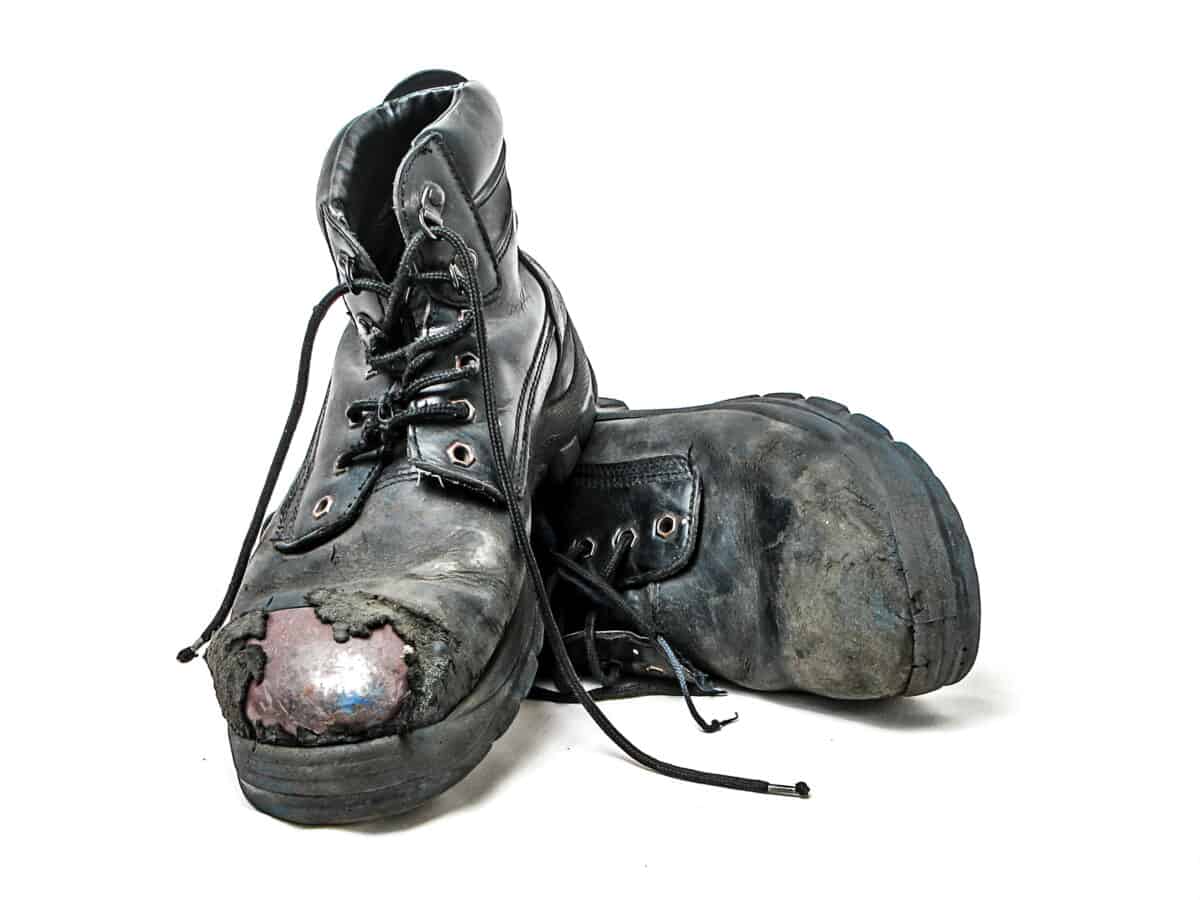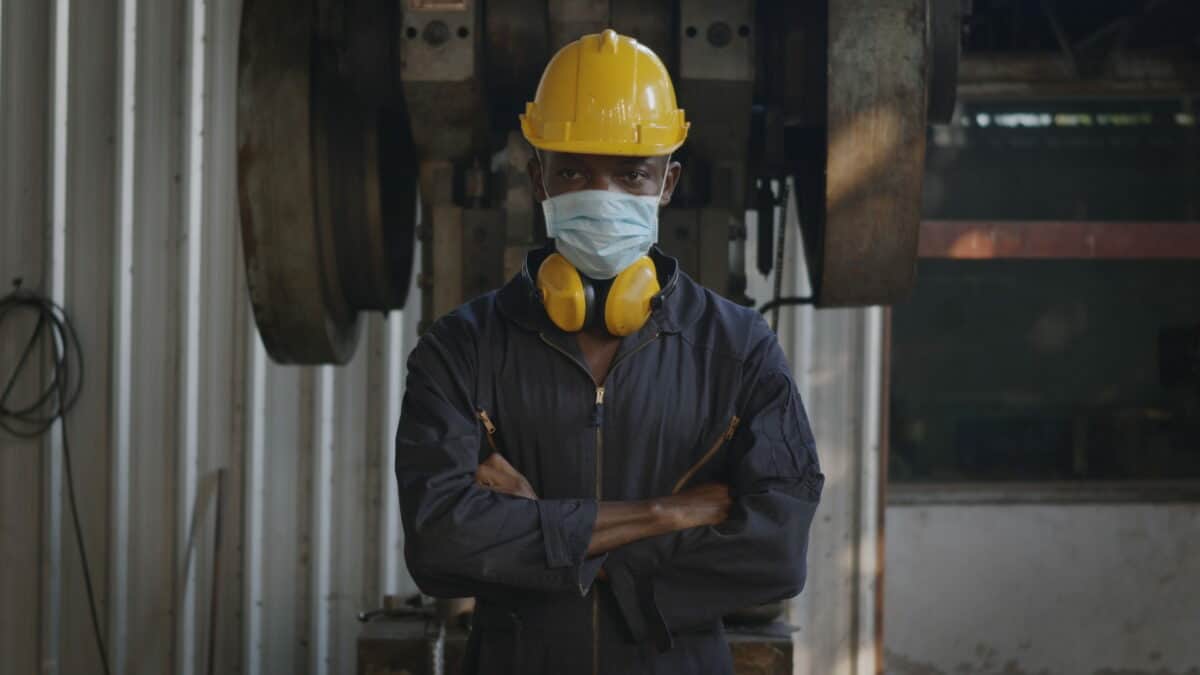Every profession has safety practices that have existed for years and are integral to that profession’s character and operations. These have usually occurred because of correlation more than a cause, and occupational health and safety (OHS), in particular, advocates evidence-based decisions.
One longstanding example could be the mandatory wearing of lace-up ankle-high safety boots for working in the construction of railway infrastructure. Another could be the current debate over the effectiveness of face masks for protection from dust particles and airborne infections.





